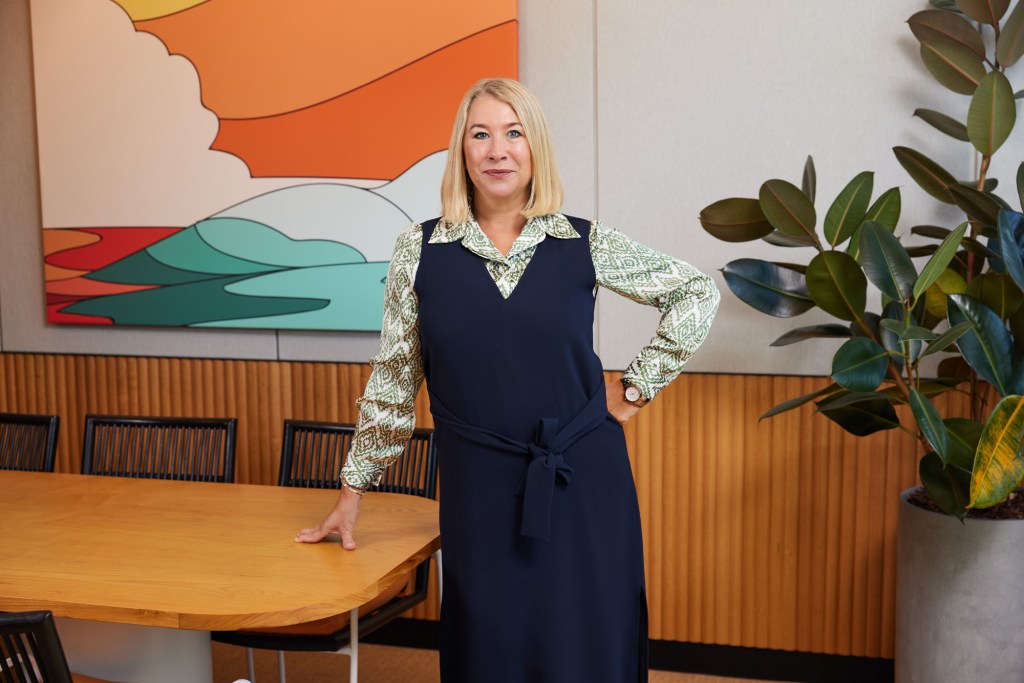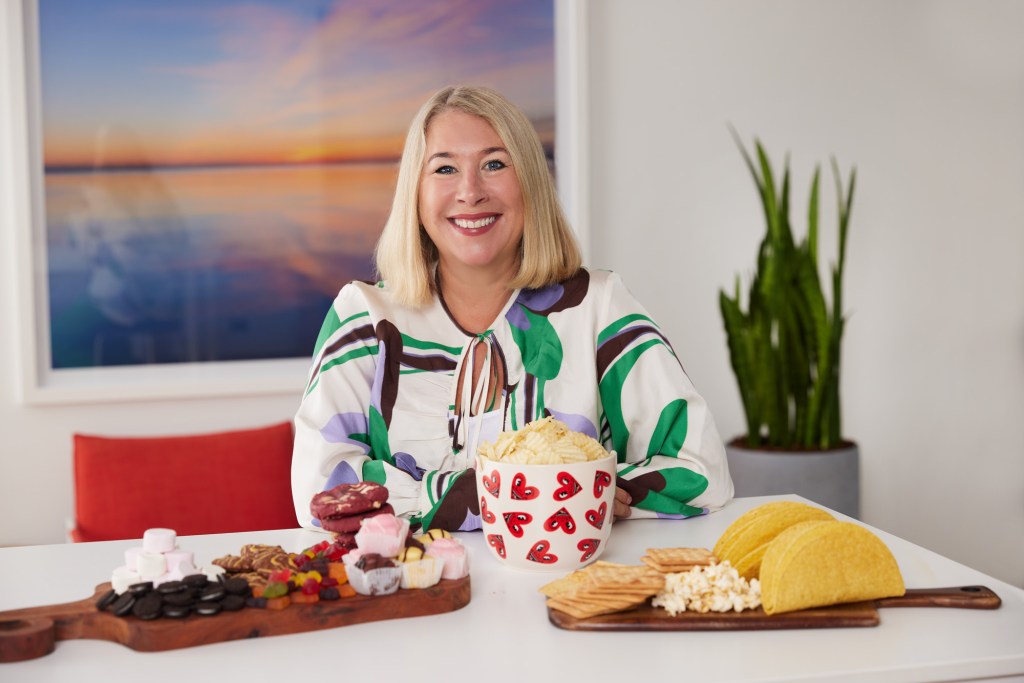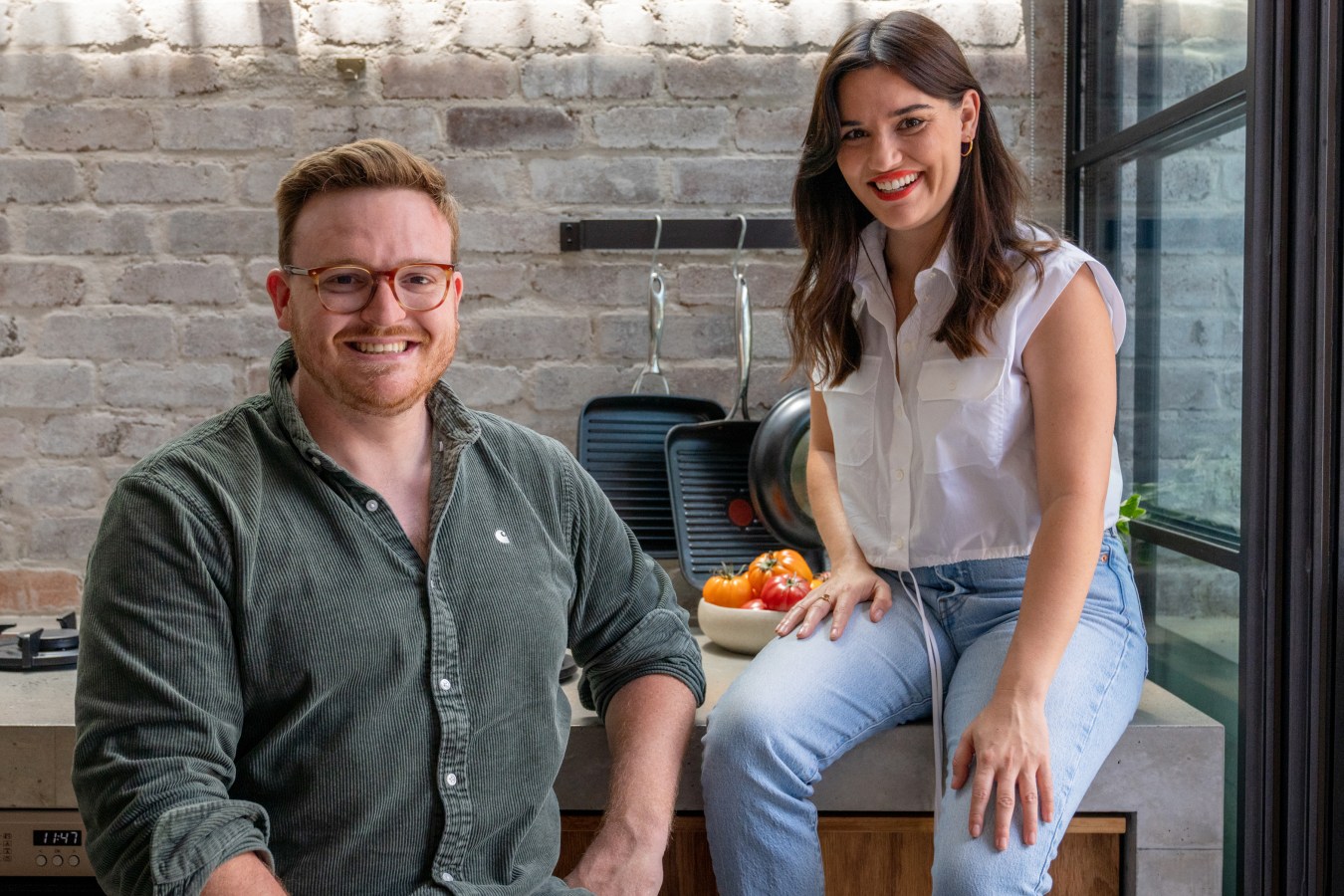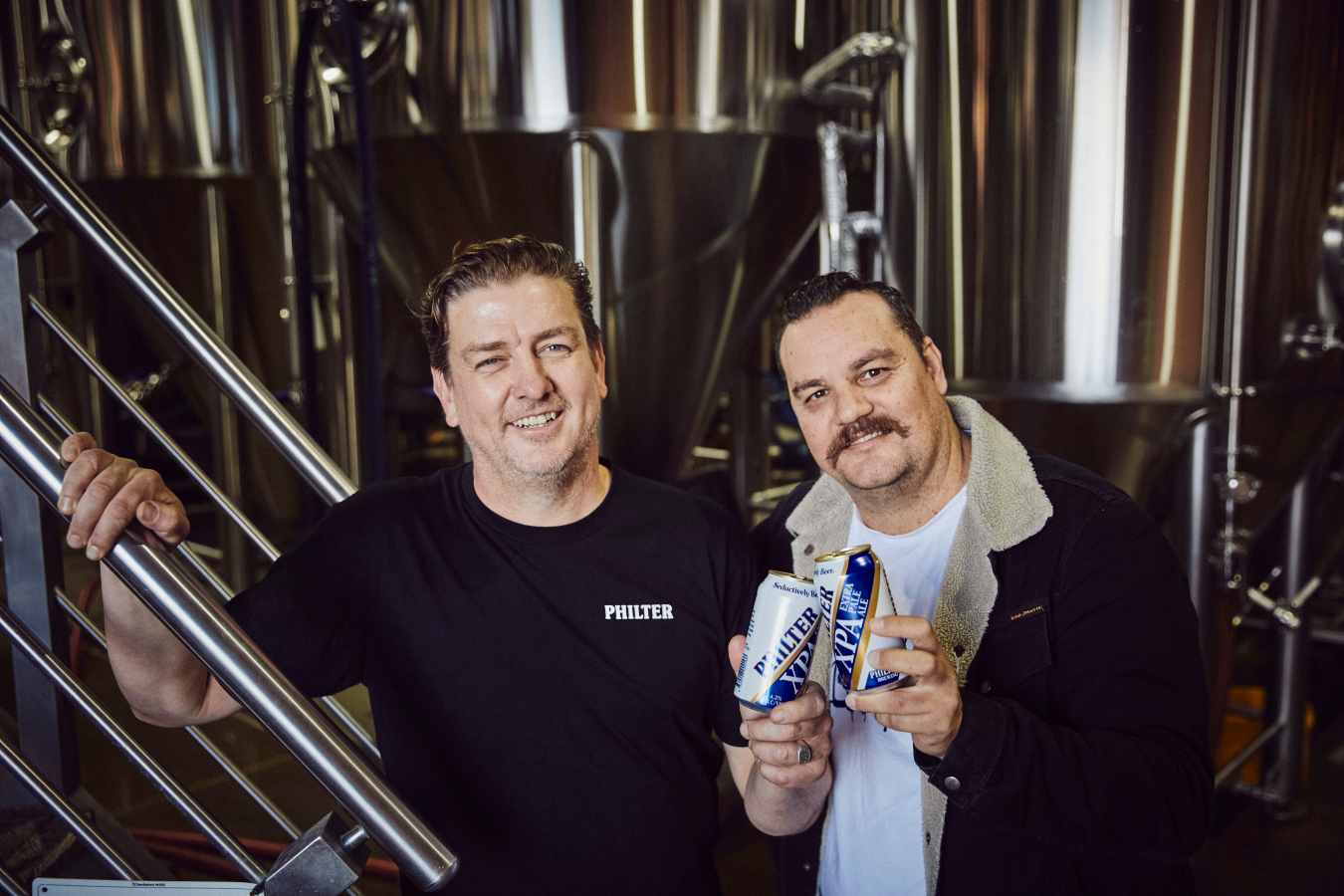Serial entrepreneur Katy Barfield secured the seed round of funding from Asia Pacific early-stage VC Investible. Her company Yume has redistributed 8 million kilograms of food from customers including Kelloggs, Mars Food and Unilever.

The Japanese definition of the word Yume is ‘dream.’
Between starting another successful company that is doing good in the world, and raising $2 million in funds for her startup this week, founder Katy Barfield is actively living hers.
“Food waste reduction has been my passion and life purpose for the last twenty years,” Barfield tells Forbes Australia.
“Years back, I ran a small bar in Melbourne. It always struck me how much food the chef would toss out every Friday night at closing time. It got me thinking – if our little 50-person bar was wasting this much, imagine the waste from the country’s 40,000 bars and cafes. I knew we needed a big, scalable solution to really tackle this issue.”
And so, in 2016, Yume was born.
Today, the amount of food that the company has redistributed to organisations and charities in Australia could fill 42 Boeing 747s. None of this would have been possible without a digital helping hand, says Barfield.
“I realised that only with the help of a tech platform could we put a real dent in the massive food waste problem we see daily in our country and around the world.”
The recent fundraising round that Barfield completed takes the total amount of capital raised by Yume to $7 million. The funds Investible put in will be used to double Yume’s headcount by the end of the year, and ‘supercharge’ the digital marketplace that connects organisations with a surplus of food to those that need supplies.
“Manufacturers pay an annual subscription to utilise and access the Yume platform. This subscription allows them to connect with our large cohort of business buyers who can purchase their surplus stock,” says Barfield.
“If our little 50-person bar was wasting this much, imagine the waste from the country’s 40,000 bars and cafes. I knew we needed a big, scalable solution to really tackle this issue.”
Katy Barfield
“It also provides access to Yume Community, a simple-to-use donation tool enabling access to the food charities of their choice if something is not sold. There is no cost for charities to utilise the Yume platform to receive donations.”
Barfield notes that there is legislation in Australia designed to facilitate the exchange of food.
“The Good Samaritan Act’ protects food donors by limiting the liability of individuals and businesses that donate food, providing they meet certain food safety conditions. All manufacturers need to adhere to all of their health and safety regulations ensuring food is edible and safe when it leaves the donor possession.”

The business model of Yume is one that impressed investors at Investible.
“Combine the ambitious and proven team with a massive market opportunity which has been validated by blue chip customers, we have the workings of a strong and impactful business,” says Charlie Ill, Investible’s Chief Investment Officer.
Not only has the Investible climate tech fund put funds forward, but so have other divisions of the VC firm.
“Investible has made a very high conviction investment — with members of our Club Investible group investing alongside our two funds. Yume is backed by our network of over 180 experienced investors and business leaders, supporting the great work being done by Katy and her team”.
Barfield is now looking to lead Yume into international territories.
“The progress is tangible now. Two years ago we reimagined our business model and the growth has been exponential since then – especially with global brands like Unilever, Kellogg’s, and Mars Food utilising our platform exclusively in Australia.”
Yume is not the first food redistribution company that Barfield has been at the helm of. Before this venture, she was the CEO of Melbourne non-profit SecondBite. Seven years after taking on that role, Barfield branched out on her own, setting up Yume as a social enterprise, rather than a non-profit.
The Atlassian Foundation helped to develop the platform, and in 2020 Yume became a part of the Launch Vic CivVic Labs program. The company received $165,000 in funding from Sustainability Victoria’s Circular Economy Business Innovation Centre (CEBIC.) In 2023 Barfield was awarded the Order of Australia medal for her pioneering work in food redistribution.
“There’s something truly exhilarating about seeing your dreams materialise, but the path to that point is challenging to say the least. Developing the first custom-built platform of its kind around the world hasn’t been easy, but we’re shaping up to be one of those companies that will be viewed as an ‘overnight success,’ ten years in the making.”
Look back on the week that was with hand-picked articles from Australia and around the world. Sign up to the Forbes Australia newsletter here or become a member here.


